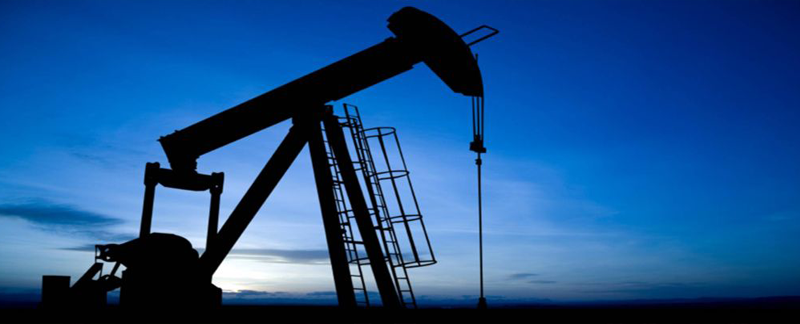Conventional Coping Strategies
Everyone needs it, few know how we get it, and many feel compelled to slow down efforts to finding and producing oil. One of the primary assets of successful thriving societies is a low-cost energy source. What drives low cost? Supply greater than demand! What drives supply? Finding supplies in sufficient quantities so that producing oil and gas is economically viable. Finding and producing hydrocarbons is technically challenging and economically risky. The process generates a large amount of data, and the industry needs new technologies along with a new system process approach to integrate and interpret this data to drive faster and accurate decisions.
The upstream oil and gas industry operations are mainly concerned with oil extraction. However, within this industrial sector, there exists a diverse and complex network of organizations representing a wide range of industrial cultures and expertise. Although the industry is often seen as a single industry, this is far from the reality, as it is serviced by firms from diverse industrial backgrounds. Furthermore, most of the activities which take place in this environment are project driven and involve diverse complex processes and product systems. These are highly customized large scale and engineering intensive products which tend to be produced as one-offs or in small tailored batches. A further complicating factor is the high number of suppliers – several thousand firms subcontract and supply the offshore industry – each of which may be highly specialized and involved in complex networks.
We are in a New Era
The Oil and Gas industry, like other major sectors in the world, is undergoing significant change during a period in the industrial history when many of the conventional economic levers do not seem to have a steering effect. We have a choice. We either allow the industry to drift at the mercy of the oil price and exchange rates or we intervene and begin to design a future that is not merely an extension of the past. The oil and gas world has not seen such a steep and prolonged price downturn for many years. Explorers and producers are carrying out the usual mayhem in tackling their cost and productivity issues. Layoffs, capital project deferral, supply chain pressure.
In the early 1990s, in the face of punishingly low oil prices of USD 12 a barrel, a new mantra emerged – CRINE. This stands for Cost Reduction In the New Era. NLI has revised a CRINE-2 for today’s economy standards. This service is a collaborative effort to find ways of reducing operational waste and inefficiency in operations, platform construction and has a radical impact on the safety, efficiency and economics of developing and operating oil and gas fields
For more information and a strictly confidential reply, please contact us.

